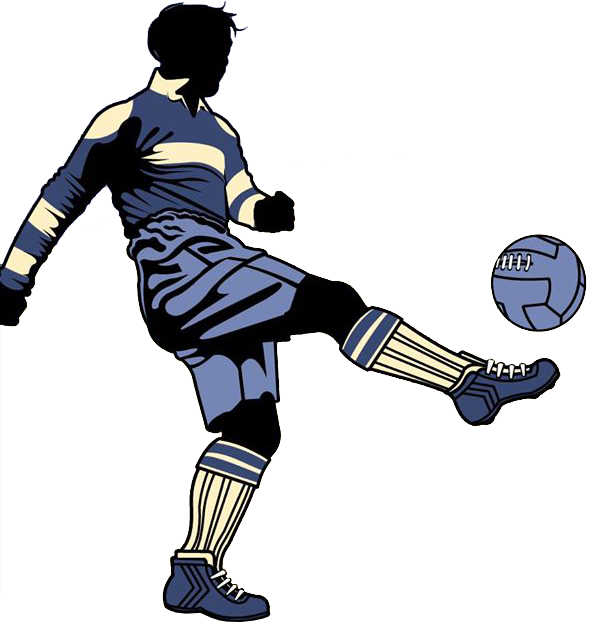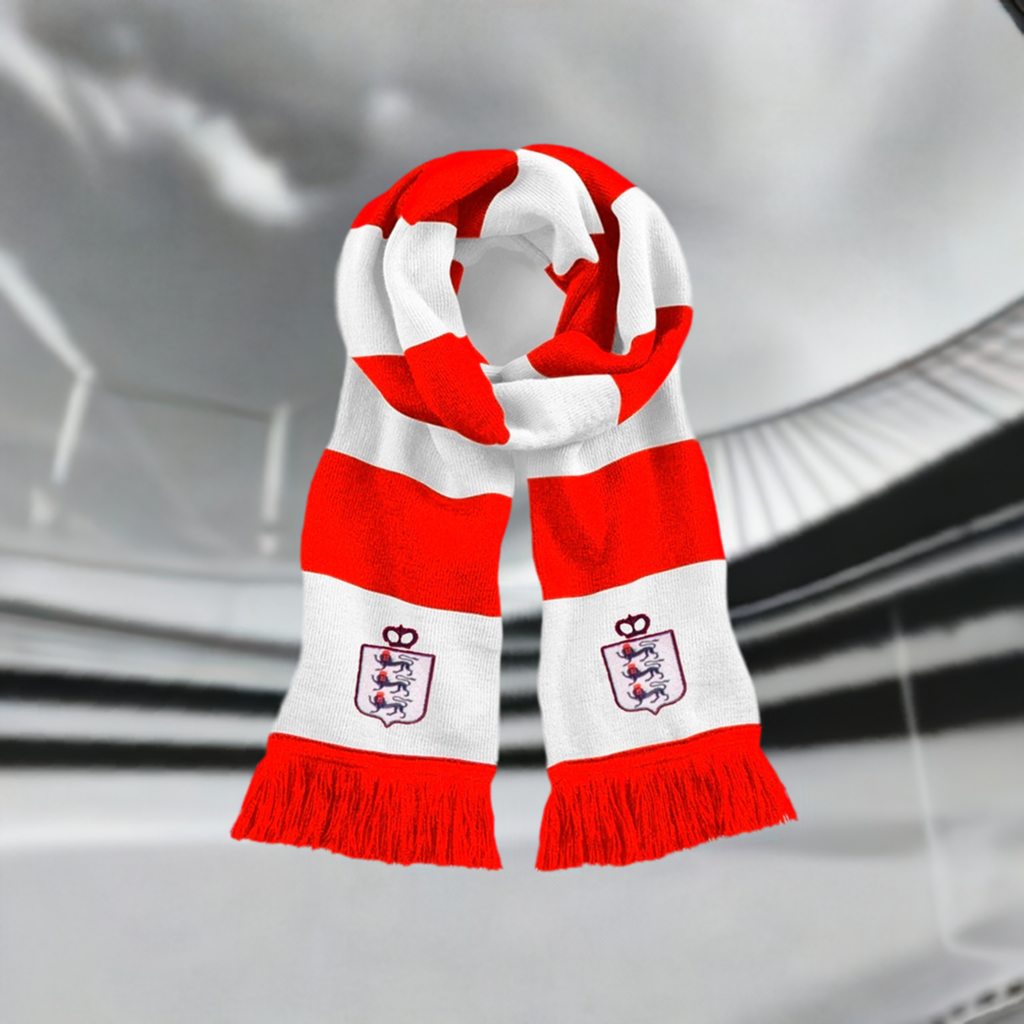The story begins in the 12th century with a king known for his bravery – his name was Henry I, but he was nicknamed "The Lion of England." His flag featured a majestic lion, and this powerful image marked the start of a royal tradition.
Love played a big role in shaping the crest too. In 1135, Henry I married Adeliza, and to honour her father's coat of arms, a second lion joined the first on the English standard. Then, in 1154, history repeated itself. King Henry II wed Eleanor of Aquitaine, whose family crest also boasted a lion, and thus, the third lion found its place.
 During Richard the Lionheart's reign (1189-1199) the flag came to signify military might as he continued to use the golden lions on a scarlet background as a symbol of the English throne.
During Richard the Lionheart's reign (1189-1199) the flag came to signify military might as he continued to use the golden lions on a scarlet background as a symbol of the English throne.
Fast forward to 1863 and a turning point in the history of the three lions, when the Football Association (FA) was formed, they adopted the royal crest as inspiration for their logo. The design they adopted, with only minor tweaks, has remained consistent ever since.
In heraldly terms the lions are described as "passant", a French word meaning "walking by", indicating their positioning. The twist in this tale is that early heraldrric rules suggested that any lion in a walking position must necessarily be a "leopard"! Described as ‘Gules, three lions passant guardant' on the King's Royal Arms, this translates to "three identical gold leopards."
So, the next time you see the Three Lions on the England shirt, or hear the Lightening Seeds classic, remember the rich history they represent. From a single lion symbolising a mighty king, to a symbol of love and royal alliances, these lionlike leopards have roared their way into the hearts of England's football fans forever more.

